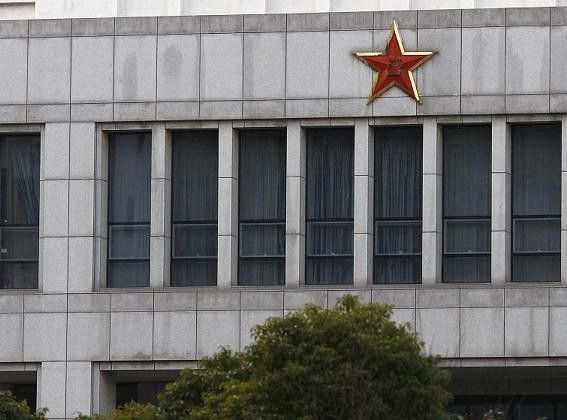Chinese military activities spread across the globe as naval ships spotted off Alaska, sparking concerns

Chinese military activities continue as five of its navy ships were spotted in the Bering Sea off the coast of Alaska on Wednesday. Pentagon officials confirmed the navy ships operating, sparking more interest over China's plans on coastal waters. This comes at the height of tension over the South China Sea where countries like Australia, Taiwan and Philippines expressed concerns.
Pentagon has been monitoring China's movements and its ships, particularly an amphibious landing ship and a replenishment vessel, after they were spotted cruising along the Aleutian Islands -- region smacked in the middle of Russian and U.S. control.
“This would be a first in the vicinity of the Aleutian Islands,” The Wall Street Journal quoted a defence official. “I don’t think we’d characterise anything they’re doing as threatening,” the official added.
China has not provided any official statement about their activities in the said region. In the past, Chinese officials have requested that the U.S. stop its surveillance operations near its coast. Additionally, the country claimed that Washington was intervening with their affairs in the South China Sea after it sent a military jet near the disputed region of Spratlys.
In light of its South China Sea efforts, countries like Australia and Japan have expressed concerns. Australia opposes the military activities while Japan answered with a larger defence budget for counter measure.
The Philippines, on other hand, will establish a "strategic partnership" agreement with Vietnam with regard to China's actions in the disputed water. This is in line with China and Vietnam's recent agreement to handle their disputes "properly."
"We are in favour of properly handling disputes between both sides through dialogue, and expanding cooperation and common interests," Chinese President Xi Jinping declared (via Reuters) to Vietnamese President Truong Tan Sang. The latter agreed saying: "Vietnam hopes to strengthen political trust and personnel exchanges with China, properly handle differences and enhance win-win cooperation."
Contact the writer at feedback@ibtimes.com.au, or let us know what you think below.





















